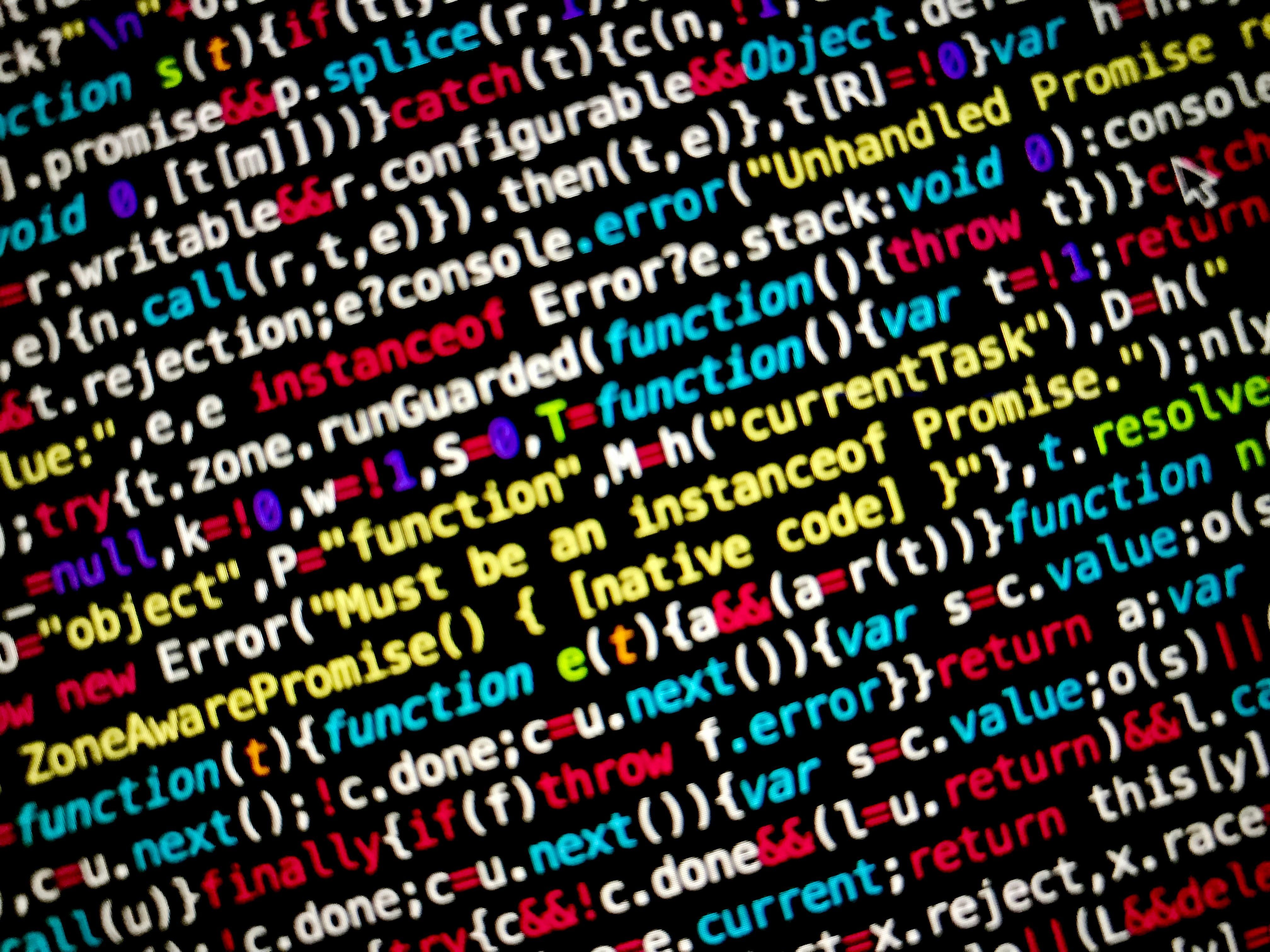Unpredictable leadership transitions in Seoul leave South Korean diplomats and international partners in a state of bewilderment and discomfort.
Acting President Lee Ju-ho Holds the Helm Amidst Political Turmoil
In the heart of Seoul, Acting President Lee Ju-ho, the Education Minister, delivers opening remarks at an emergency Cabinet meeting, marking his first day at the helm. The unexpected rise of Lee to acting president came amidst a series of high-profile resignations, including Prime Minister Han Duck-soo and Finance Minister Choi Sang-mok.
Lee, a labor economist, previously held the position of Education Minister during the Lee Myung-bak administration from 2010 to 2013. He was reappointed to the ministry under President Yoon Suk Yeol in November 2022.
Known for his expertise in education policy, Lee has spearheaded several significant reforms, such as the introduction of free after-school care for young students, efforts to expand medical school admissions, and advocacy for the adoption of digital textbooks, even AI-based ones.
Currently, as acting president, Lee is responsible for overseeing state affairs, including foreign policy, national security, and the economy, in a challenging geopolitical environment. Despite his limited experience in military and diplomatic matters, he will serve as acting president until the presidential election in June 2025.
Lee, without security credentials, faces an uphill battle in managing the country's military and diplomatic apparatus. However, his dedication to education and policy initiatives remains undeterred, as he tackles the complexities of the acting presidency.
Lee Ju-ho, a prominent figure in South Korea's government, stepped into the role of acting president following the successive resignations of Prime Minister Han Duck-soo and Finance Minister Choi Sang-mok. Tracing his career, Lee, an expert in labor economics, previously held the position of Education Minister during the Lee Myung-bak administration from 2010 to 2013. Reappointed as Education Minister under President Yoon Suk Yeol in 2022, Lee focused on education policy reforms.
As acting president, Lee is tasked with managing state affairs, including foreign policy, national security, and the economy. His services are crucial during the geopolitical challenges South Korea currently faces, particularly in the wake of the country’s fragile political environment following recent impeachments and resignations.
Diving into his key actions and reforms, Lee introduced the Neulbom School Program offering free after-school care for young students and led efforts to expand medical school admissions by 2,000 seats, although this initiative eventually failed. He also advocated for the adoption of digital textbooks, including AI-based ones, implemented in recent years.
Challenges lie ahead for Lee, who assumes this role with no security credentials, potentially posing challenges in managing the country's military and diplomatic apparatus. Despite these hurdles, he will continue to serve until the presidential election in June 2025.
- As the acting president, Lee Ju-ho navigates a challenging geopolitical environment, assuming responsibility over foreign policy, national security, and the economy.
- Lee, a former Education Minister, had to take on the acting presidency due to the successive resignations of Prime Minister Han Duck-soo and Finance Minister Choi Sang-mok.
- In his career, Lee has shown expertise in labor economics, a skill he developed during his tenure as Education Minister during the Lee Myung-bak administration from 2010 to 2013 and under President Yoon Suk Yeol's administration in 2022.
- Being a prominent figure in South Korea's international politics, Lee's regional and international experiences may be limited, as he took up the acting presidency with no previous security credentials.
- Despite his lack of military and diplomatic credentials, Lee's actions reflect his dedication to education policy, such as the implementation of the Neulbom School Program, the expansion of medical school admissions, and the advocacy for the use of digital textbooks, including AI-based ones.
- Moreover, the current political turmoil in Seoul requires swift actions, and Lee has to confront the complexities of general news, policies related to war and conflicts, as well as domestic affairs and international finance.
- The South Korean government welcomes the appointment of Lee Ju-ho, given his strong background in education policy, as it seeks to address the country's deeply-rooted issues.
- Although Lee's acting presidency is surrounded by political discourses, media commentaries, and audio_0 discussions, his dedication and expertise in education policy remain unwavering, inspiring the potential for positive impact on South Korea's future prospects.









